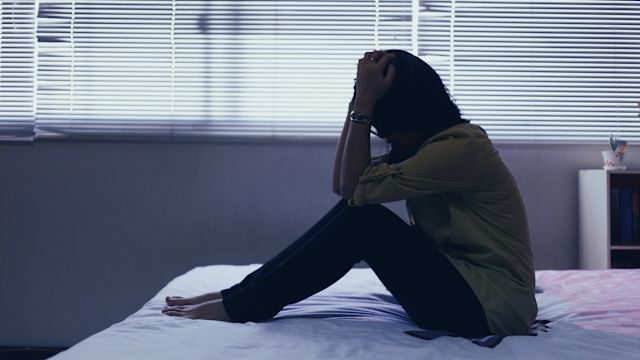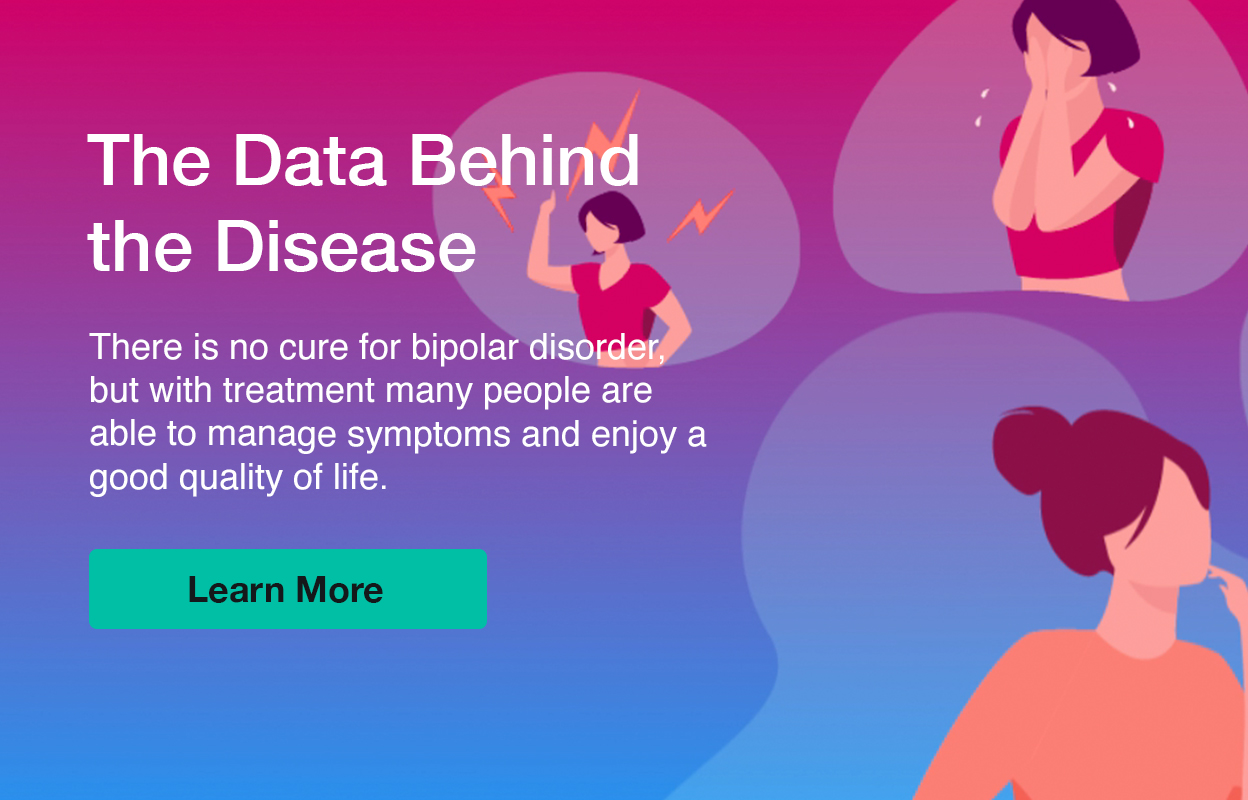Updated on November 6, 2023
While often referred to in the singular, bipolar disorder actually refers to a group of conditions. All forms of bipolar disorder are considered a serious mental illness.
A serious mental illness can be defined as a mental illness that significantly impairs a person’s ability to function. In other words, a serious mental illness will affect a person’s thoughts, behaviors, moods, and emotions to a degree that it becomes difficult to meet basic responsibilities to themselves and others.
Any case of serious mental illness requires treatment. Bipolar disorder is most often treated with a combination of medications and therapy. But there are other therapies that are sometimes used, and treatment is individualized to the needs of the person being treated.
What happens when bipolar disorder is untreated?
The short answer to this question—untreated bipolar disorder will become more severe.
While bipolar disorder is a different experience for different people, more severe bipolar disorder will often have a greater impact on a person’s life and health, including:
- Relationships. The changes in behavior that occur with bipolar disorder can cause conflict and misunderstanding with friends, family, and partners. Bipolar disorder can put a strain on any relationship.
- Work and career. Bipolar disorder can make it difficult to meet job responsibilities. Bipolar disorder is among the leading causes of disability worldwide.
- Financial problems. This can result from unemployment, being employed but working fewer hours, medical bills, and impulsive or risky financial decisions made during manic episodes.
- Legal problems. Actions and behavior during bipolar episodes can also result in legal trouble. This can further complicate a person’s life and wellbeing. It can also lead to feelings of shame and stigma.
- Substance use disorders. Many people with bipolar disorder also live with substance use disorders. The risk is higher among people who have untreated or undertreated bipolar disorders.
- Suicidal ideation. Bipolar disorder puts a person at a risk for suicide. Untreated bipolar disorder and longer durations of untreated bipolar disorder can significantly increase this risk.
If you or someone you know is having thoughts of self-harm or suicide, seek help immediately. Licensed mental health professionals are available at the 988 Suicide and Crisis Lifeline, which can be contacted by calling or texting 988.
Why does bipolar disorder go untreated?
There are many different reasons why a person living with a serious mental illness like bipolar disorder may not be receiving treatment. Some reasons have to do with the condition itself and the ways it can affect thinking and behavior—a person may not want treatment or refuse treatment at times.
In other cases, a person may feel that they do not need treatment or do not believe treatment will be effective. Others may recognize the need for treatment but may not have access to healthcare providers—for example, not being able to find a provider accepting new patients or available times for appointments. Others may want to avoid the social stigma, out-of-pocket costs of treatment, or side effects from treatment.
This is not a comprehensive list of possible reasons bipolar disorder can go untreated. As mentioned already, bipolar disorder is a different experience for everyone. But everyone with bipolar disorder needs treatment for the condition.
If you or a loved one is living with bipolar disorder and untreated, try to identify the reason the condition is not being treated, and make an appointment with a healthcare provider.






